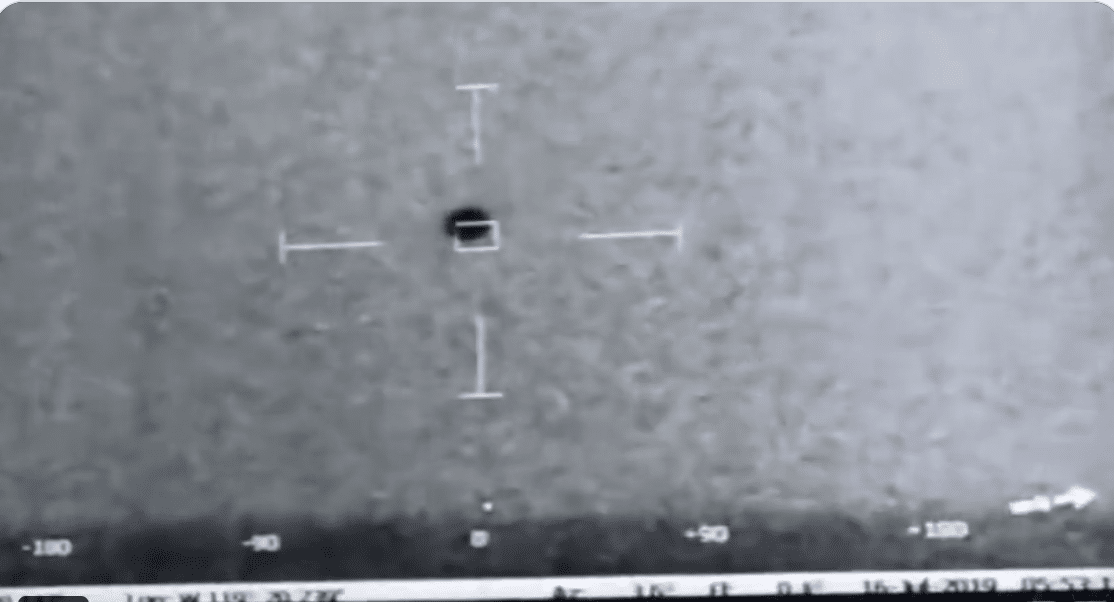Can robots and humans make babies together? This is a serious question inspired by some of the advances already achieved in the 21st century by researchers in cell biology and in a discipline variously known as biorobotics, synthetic biology, or bionanotechnology. Although it had long been a truth universally acknowledged that sexual intercourse was an essential precursor to conception, it was only around 150 years ago that early studies of embryology revealed the reason why,
according to the dogma of the time, intercourse was “essential” in human reproduction. The reason was that only an egg from a female, fertilized by a sperm from a male, can result in a live birth. But thanks to the Nobel prize-winning work of researchers like embryologist John Gurdon and stem cell researcher Shinya Yamanaka, it has become possible during the past few years to create both sperm cells and eggs in the laboratory from skin cells, obviating the need for a human mother or father to kick off the reproductive process. READ MORE
















